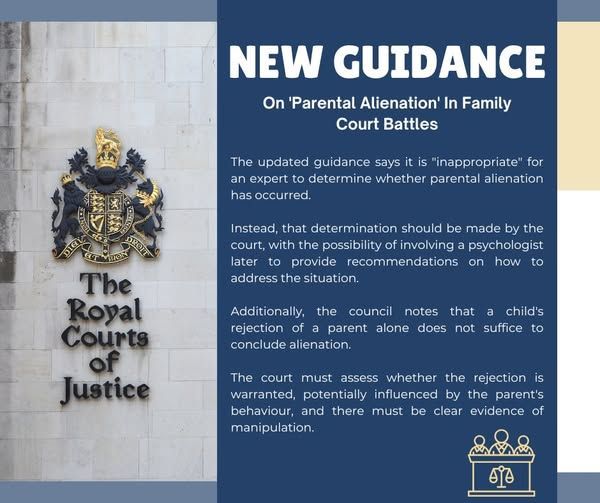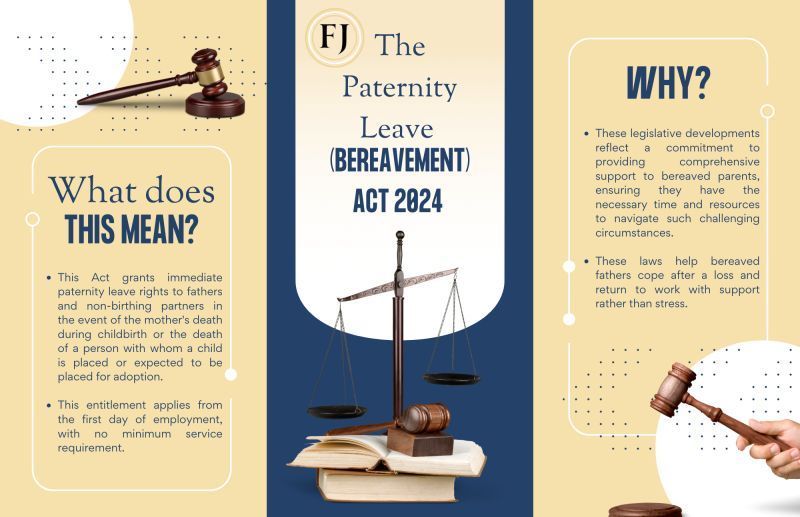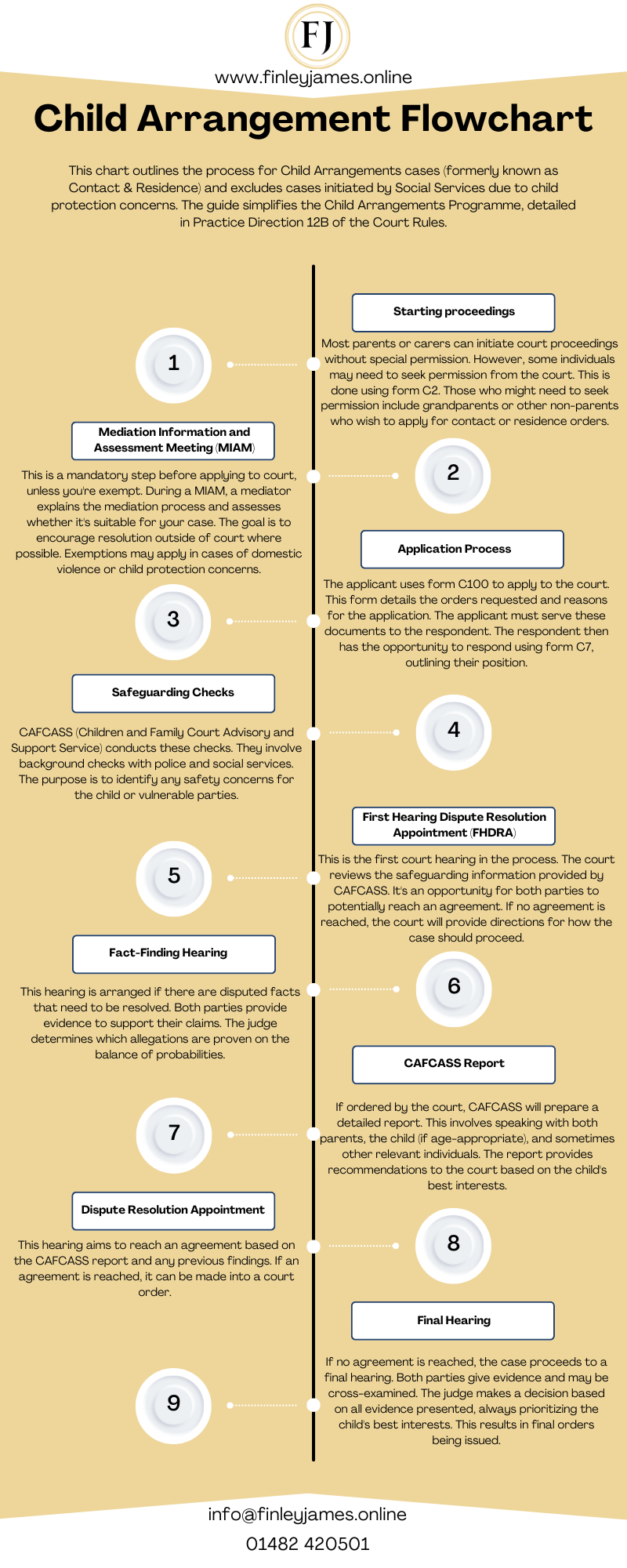Demystifying the Myths around 50/50 Shared Care Order
Demystifying the Myths around 50/50
Shared Care Order
Let's start by breaking down what a 50/50 shared care order is and debunking some common myths surrounding it.
What is a 50/50 Shared Care Order?
A 50/50 shared care order is a legal agreement that mandates the division of a child's custodial time between two parents. However, contrary to what the name suggests, shared care doesn't always mean a perfect 50/50 split. Each case is unique and focuses on what's best for the child.
The key to a successful shared care order is flexibility. It's all about quality time, not just equal time. Children benefit most from maintaining meaningful connections with both parents. The focus is not on dividing time equally, but on ensuring that each parent spends meaningful and quality time with their child.
Debunking the Myths
One of the most common misconceptions about shared care orders is that they are about parents' rights. However, this couldn't be further from the truth. In reality, these orders are about children's needs. The court always prioritizes the welfare of the child above all else. A shared care order is not about providing equal rights to the parents, but instead ensuring that the needs of the children are met.
Let's Talk
Here at Finley James, we understand that shared care orders can be a complex and confusing topic. That's why we're here to help. Shared care is all about cooperation and putting the kids first. If you have any questions or concerns about shared care orders or anything related to child custody proceedings, don't hesitate to reach out to us.
Reach Out
We encourage you to call us at +44 1482 420501 to find out more about how we can assist you in understanding and navigating through the intricacies of shared care orders. Better yet, why not come and see us? We're always ready to sit down and have a conversation about how we can help you and your family.
To recap, a 50/50 shared care order is not about dividing a child's time equally, but rather prioritizing the child's needs and welfare above all else. It's about enabling meaningful connections with both parents, and not just providing equal rights to the parents. If you have any questions, let's talk. Here at Finley James, we're all about cooperation and putting the kids first. We're here to help you every step of the way.
Remember, you're not alone in this journey. We're here to guide you, every step of the way. Let's work together to ensure the best possible outcome for your family. Reach out today!


















